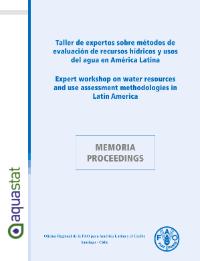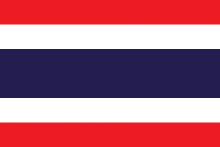Resource information
Information on water use is required for political, economic and academic decision making on issues affecting everyone?s life. Owing to fi nancial constraints, it is diffi cult to have complete and comprehensive information on everything related to water. Techniques and methodologies are, therefore, used to affordably maximize control. To improve understanding of the different techniques and methodologies used to generate information, the AQUASTAT team sent thematic questionnaires to approximately 170 countries in April 2009. These questionnaires sought to investigate the methods used to generate information on water resources and water uses at the national level to facilitate reporting of internationally comparable data. The results of this exercise emphasized the need to discuss strategies to manage problems arising in the collection, interpretation and analysis of information related to water. These results could improve international comparisons based on information reported in the A QUASTAT database. To this end, an expert workshop on methods for assessing water resources and water uses in Latin America was held in Santiago, Chile, on 1 and 2 December 2009. The workshop brought together professionals from various technical disciplines, all representatives of government agencies. The workshop served as a preliminary step in defi ning the challenges and corresponding solutions in the area of water information, and served as a platform to raise the awareness of Latin American c ountries on the range of techniques used in the region. This forum sought to share relevant technical knowledge to better face the challenges of water scarcity, climate change and competition for natural resources



